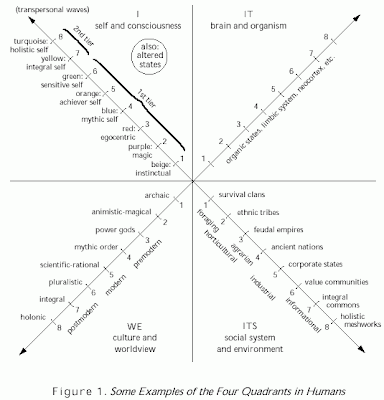Out-of-control boys facing spells in detention or anti-social behaviour orders can now blame it all on their hormones.Bad boys can blame behaviour on their hormones
- 15:37 30 September 2008
- NewScientist.com news service
- Andy Coghlan
The "stress hormone" cortisol – or low levels of it – may be responsible for male aggressive antisocial behaviour, according to new research. The work suggests that the hormone may restrain aggression in stressful situations.
Researchers found that levels of cortisol fell when delinquent boys played a stressful video game, the opposite of what was seen in control volunteers playing the same game.
The results suggest that biology rather than peer pressure might play a larger role than previously thought in delinquent behaviour, and raise new possibilities for diagnosing and treating such disorders.
Virtual rival
The study pitted each volunteer against a pugnacious, virtually generated rival boy in a computer game that had them competing for a monetary reward. The game was deliberately rigged to subject volunteers to stress, frustration, provocation, and taunting from their adversary.
Saliva samples from the 95 control volunteers showed that their cortisol levels rose by an average of 48%, as expected in stressful situations. But in the 70 participants with conduct disorder, levels of cortisol dropped by an average of 30%.
The researchers, based at the University of Cambridge, suggest that the delinquent youths may be so used to provocative and stressful encounters that they no longer respond by producing the "restraining" hormone cortisol.
What stress?
"They are behaving as though there's no stress at all," says lead researcher Graeme Fairchild, who led the study.
"It could be that they're used to provocative situations and habituated to stress," he says.
The disparities only arose during the game situation. Otherwise, the daily patterns of cortisol production were similar in delinquent and control volunteers.
One other surprise was that the cortisol drops were about the same across all the delinquents, whether they originally became disruptive during childhood or during adolescence.
Although it's already accepted that there is a strong biological component to "early-onset" conduct disorder, which develops around the age of five, the current thinking is that when delinquency develops in teenagers, it's mainly a result of malevolent peer pressure, perhaps combined with lack of supervision at home.
The new research challenges this picture by showing that in both groups, cortisol levels fell – a biological rather than peer-led response.
Treatment hope
"It could be that the same latent trait exists in both groups," says Fairchild, who has initiated new brain imaging studies to see if there are differences in the way delinquent brains function.
The results also raise the possibility of finding biological markers in the blood of infants that identify those most likely to develop conduct disorders.
Families and children could then be given help to manage and refocus their behaviour before it degenerates into the usual habits of lying, stealing, violence, malevolence and lack of concern for other people.
Alternatively, the research might lead to new drugs that have the same effect.
It's too soon to say whether extra cortisol would help. But Fairchild cites earlier experiments showing extreme violence in rats unable to make corticosterone, the rat equivalent of human cortisol. When the rats received extra corticosterone to compensate, it calmed them down.
Journal reference: Biological Psychiatry (DOI: 10.1016/j.biopsych.2008.05.022)
Teenagers - Learn more about a uniquely human phenomenon in our comprehensive special report.
The Human Brain - With one hundred billion nerve cells, the complexity is mind-boggling. Learn more in our cutting edge special report.

It's never simply a single quadrant affair (this one being exterior-individual - IT) -- if there are hormone issues, then what is going on psychologically (interior-individual - I) has an impact, as well as the physical environment (exterior-collective - ITS) and the cultural context (interior-collective - WE).
The Buddha was said to have discovered on the eve of his enlightenment...the entire edifice of causality - the circular structure of habitual patterns, the binding chain, each link of which conditions and is conditioned by each of the others - that constitutes the pattern of human life as a never-ending circular quest to anchor experience in a fixed and permanent self. This insight came to be named with the Sanskrit word pratityasamutpada, which literally means "dependence (pratitya) upon conditions that are variously originated (samutpada)." We will use the term _codependent arising_, since that gloss best expresses the idea, familiar in the context of societies of mind, of transitory yet recurrent, emergent properties ofThe same basic principle applies to the quadrants of integral theory. It's useful to isolate causes, but it never is that simple, which is why the targeted drug therapy idea seldom works as expected -- human holons are much more complex than that.
aggregate elements.
No comments:
Post a Comment